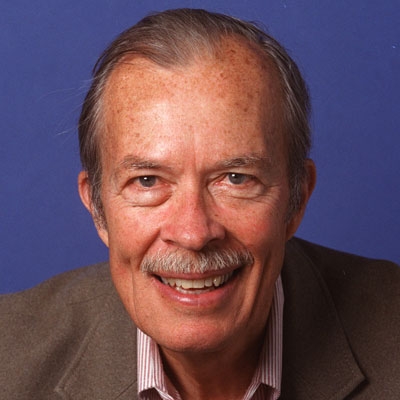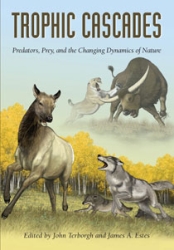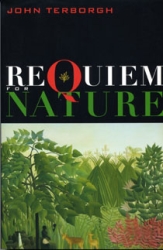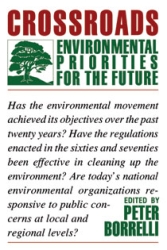The Wildlands Project is a far-reaching effort by scientists and activists to develop better ways of protecting nature, wilderness, and biodiversity. Its ultimate goal is to establish an effective network of nature reserves throughout North America -- core conservation areas linked by corridors, and buffered, where appropriate, by lands that may also serve economic objectives.
Continental Conservation represents the work of thirty leading experts-including Michael Soulé, John Terborgh, Reed Noss, Paul Paquet, Dan Simberloff, Rodolfo Dirzo, J.






